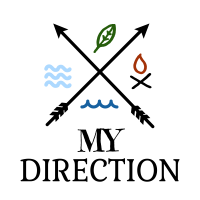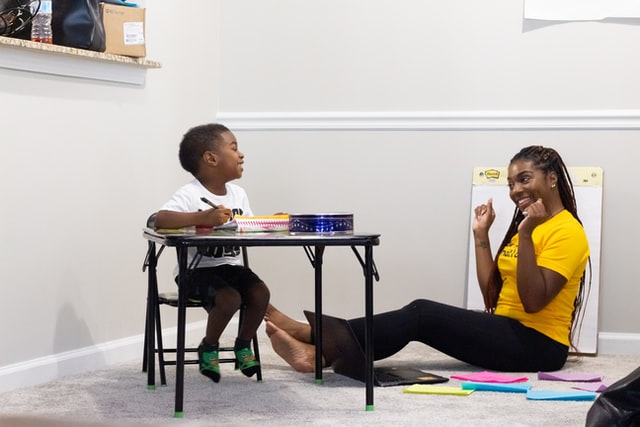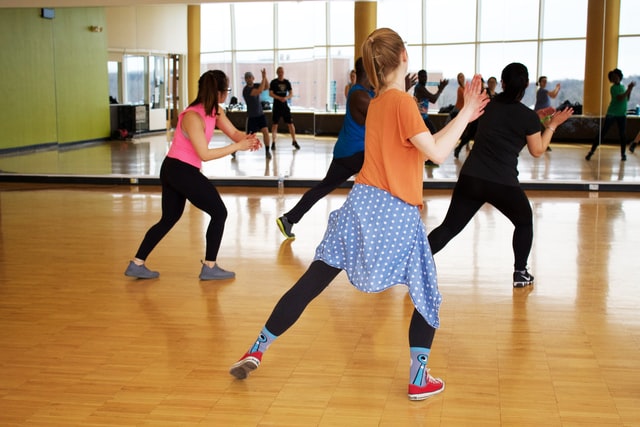Often to outsiders, school teaching seems like a soft job with seven-hour workdays and summers free. However, as actual teachers know, managing children is a uniquely challenging profession, particularly for those who are unprepared for the unpredictable. Effective educators require a broad range of personal and professional skills, including the ability to use all aids at their disposal.
Visual Aids
Basically, every person is primarily one of three types of learners: visual, auditory and kinesthetic. Making up a clear majority, around two-thirds of individuals are visual learners. While it’s critical to consider learners of all kinds, educators will find visual aids especially useful.
It’s no secret that small children commonly learn advanced concepts more quickly by using books with plenty of pictures. As they grow older, kids are introduced to complex mathematical theorems through the drawing of diagrams, graphs, charts and tables. For students at all levels, educational videos are a quality resource to teach or reinforce lessons on virtually any subject, whether it’s a demonstration of science, a reenactment of history or a showcase of world cultures.
Auditory Aids
Most people who don’t learn best through their eyes do much better with their ears. Some subjects, such as music and language instruction, play to the natural strengths of auditory learners. Music theories alone mean practically nothing without hearing the sounds of the notes. Likewise, new languages cannot be learned without listening to native speakers, or at least their audio recordings.
More generally, reading allowed to children gives them the chance to appreciate language itself, while encouraging kids to read with each other helps them practice pronunciation and learn new vocabulary words. Moreover, the act of reading out loud can help everyone to better retain the relevant material.
Kinesthetic Aids
While each of us does have a dominant learning style, we’re all able to absorb information in different ways. Though only a handful of people are truly hands-on learners, tactile techniques can enhance our understandings of endless topics. Practical demonstrations and group participation, such as with scientific principles, can illustrate ideas in ways that textbooks simply can’t touch. Countless easy experiments can be conducted in the classroom to educate and entertain pupils of all ages.
In a similar vein, using physical objects to solve math problems can turn abstract mathematical concepts into concrete realities. Even English classes may be enlivened by acting out stories in the form of a play, preferably with props.
For today’s teachers, possessing the proper tools is as key as having the right personality. Educators, ensure you have everything you need to perform with excellence.





Leave a Reply